The Global Citizen - Campus Viewpoint
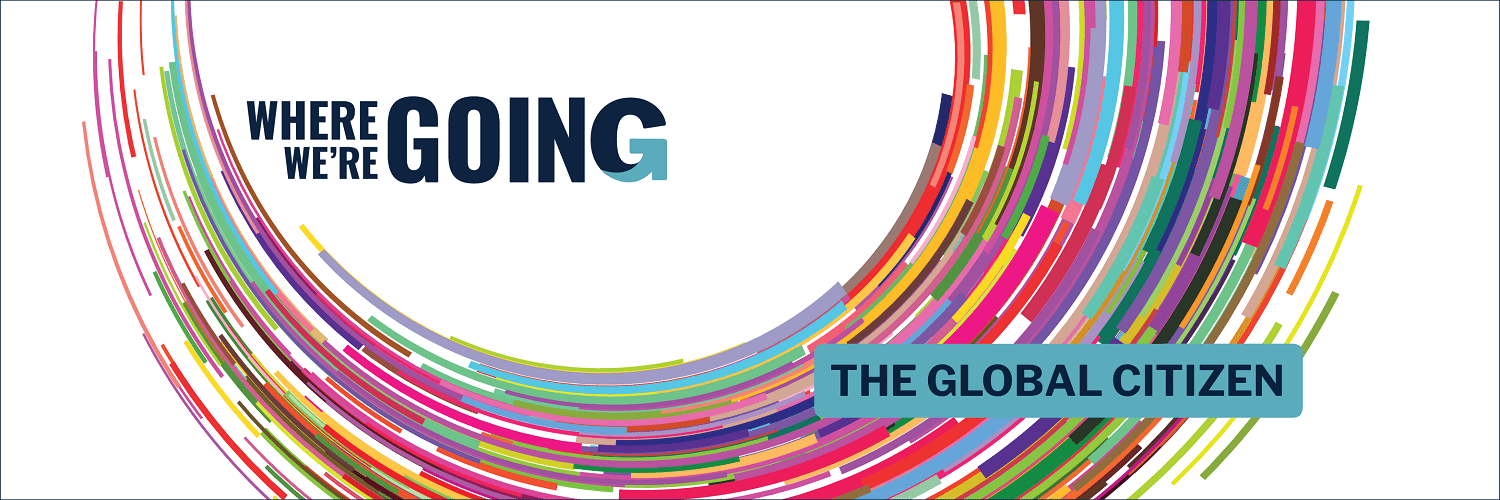
At a time when the lives of many have been dramatically disrupted and work, education, and society’s functions are in a state of constant transition, this new series from ThinkND will explore this point in history and how the work happening on Notre Dame’s campus and beyond relates to and impacts the United States and the world at large. The Global Citizen Virtual events will be the following Thursdays:
- September 17, 2020 at 1:00 p.m. Eastern: Campus Viewpoint
- September 24, 2020 at 1:00 p.m. Eastern: National Viewpoint
- October 1, 2020 at 9:00 a.m. Eastern: Global Viewpoint
View the Event
Subscribe to the ThinkND podcast on Apple, Spotify, or Google.
Featured Speakers:
- Scott Appleby, Marilyn Keough Dean; Professor of History, Keough School of Global Affairs, University of Notre Dame
- Viva Bartkus, Faculty Director for the Meyer Business on the Frontlines Program; Associate Professor Management & Organization, Mendoza College of Business, University of Notre Dame
- Ray Offenheiser, Director of the McKenna Center for Human Development and Global Business
- Marya Lieberman, Professor of Chemistry and Biochemistry, College of Science, University of Notre Dame
Meet the Moderator: Scott Appleby
Presented by Scott Appleby
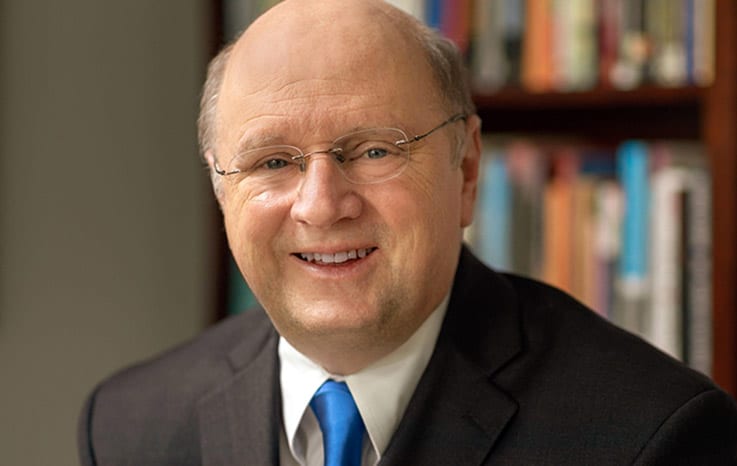
R. Scott Appleby ’78 is an American historian, focusing on global religion and its relationship to peace and conflict, integral human development, and comparative modern religion. He is a professor of history at the University of Notre Dame, and currently the Marilyn Keough Dean of Notre Dame’s Keough School of Global Affairs.
“I would like to see our students from various parts of the world be part of the conversation that allows our own nation, our own government, to think globally and be ever more open to voices from different countries in the world.“
Scott Appleby
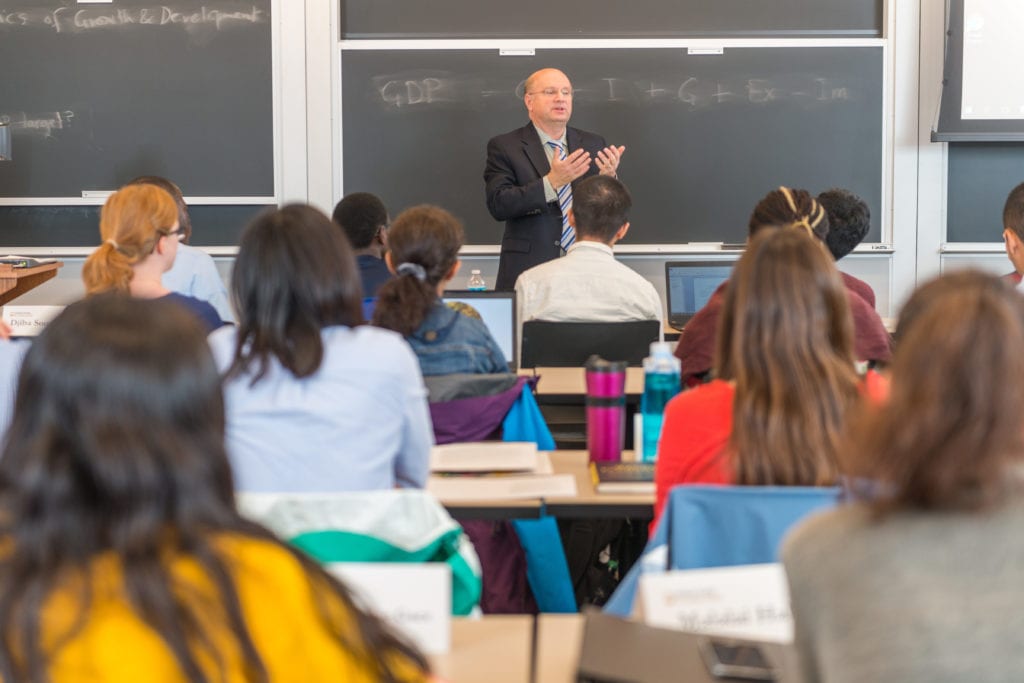
Learn more about Appleby’s research and work as a dean in this interview with Michael Pippenger, vice president and associate provost for internationalization, Doorsteps to the World.
Appleby was also featured during Notre Dame Day 2019.
Viva Bartkus
Presented by Viva Bartkus
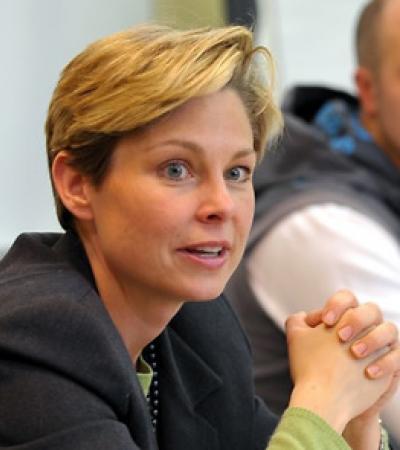
Viva Bartkus is the Faculty Director for the Meyer Business on the Frontlines Program, and Associate Professor of Management at the University of Notre Dame. Dr. Bartkus’ research and teaching interests concentrate on two distinct areas: the leadership approaches most effective in solving complex business problems and the social capital of communities that enables collaboration. Her most recent research and teaching initiative, Business on the Frontlines, examines the impact of business in rebuilding war-torn societies and was chosen by Forbes as one of the top 10 most innovative MBA courses in the country. Since 2008, her Business on the Frontlines teams have collaborated on nearly 50 business- and peace-related projects in more than twenty countries with humanitarian agencies and multi-national corporations. By some estimates, perhaps 10,000 people now have the dignity of work because of businesses and markets BOTFL initiatives have developed.
“Never underestimate the inherent dignity in a good day’s work.”
Viva Bartkus
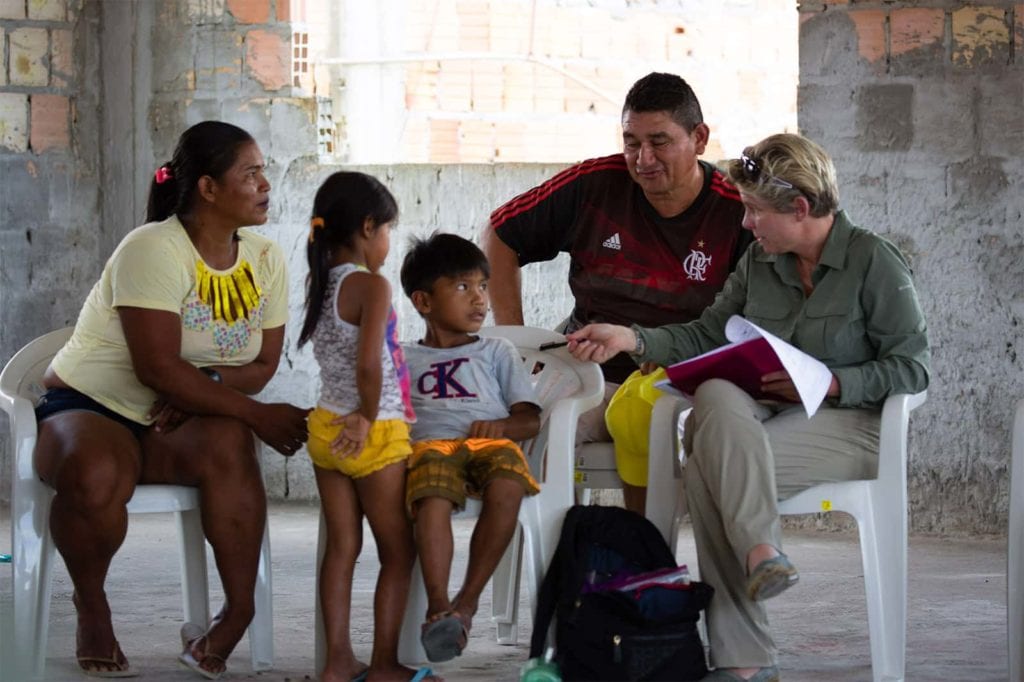
Learn how Bartkus is impacting students and communities with Business on the Frontlines in ND Stories – Loaves and Fishes.
Watch a video and read the detailed article from the What Would You Fight For: Fighting to Rebuild Communities.
Read about Bartkus’ research and work at Women Lead – Viva Bartkus.
Marya Lieberman
Presented by Marya Lieberman
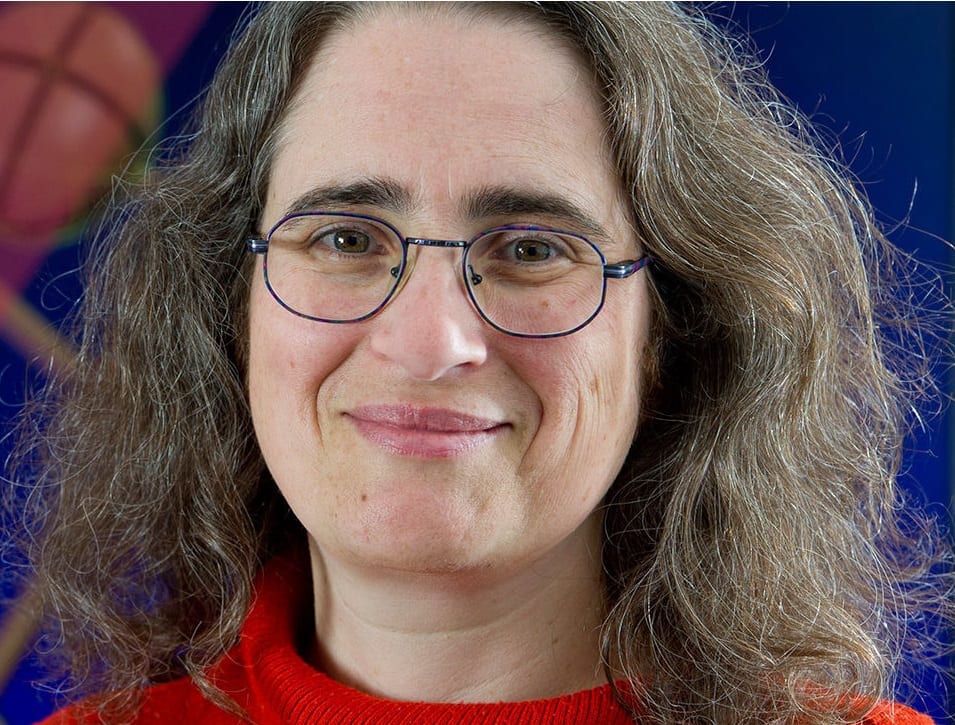
Dr. Marya Lieberman is interested in developing analytical methods for use in low-resource settings. Her group designs paper millifluidic devices to carry out operations that are normally done in a laboratory setting, and tests those devices in Kenya, Malawi, Bangladesh, and other developing countries. The work focuses on detection of falsified and substandard pharmaceuticals and assessments of iodine nutrition interventions.
“There are very well-defined, simple tests that people do to detect lead. Why aren’t those tests being applied to people’s homes? “
Marya Lieberman
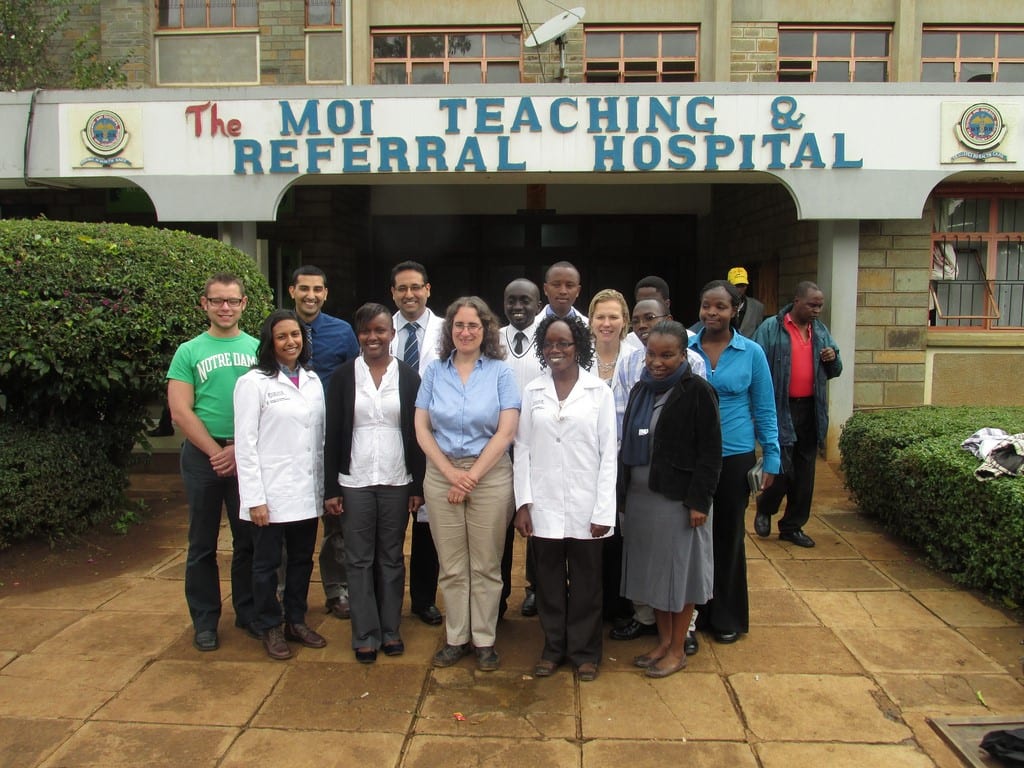
Watch a video and read the detailed article from the What Would You Fight For: Fighting to Protect the Sick.
Read how Marya Lieberman’s work impacts the South Bend community and the world in Women Lead – Solving For Why.
Ray Offenheiser
Presented by Ray Offenheiser
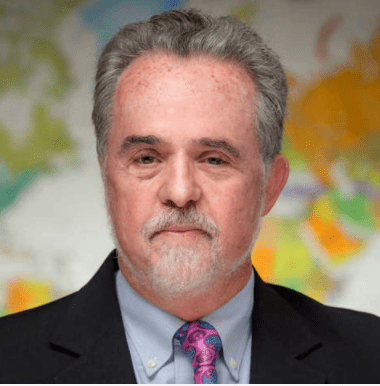
Ray Offenheiser ’71 serves as the William J. Pulte Director and Keough School Associate Professor of the Practice. He teaches graduate and undergraduate students in the Keough School of Global Affairs, where he leads a course on the Foundations of Sustainable Development. Prior to joining Notre Dame in August 2017, Offenheiser was the president of Oxfam America – a Boston-based international relief and development agency and the U.S. affiliate of Oxfam International – for more than 20 years. His research interests and areas of expertise include poverty alleviation, human rights, United States foreign policy, and international development. He has been a frequent commentator with U.S. and international media on these and other subjects.
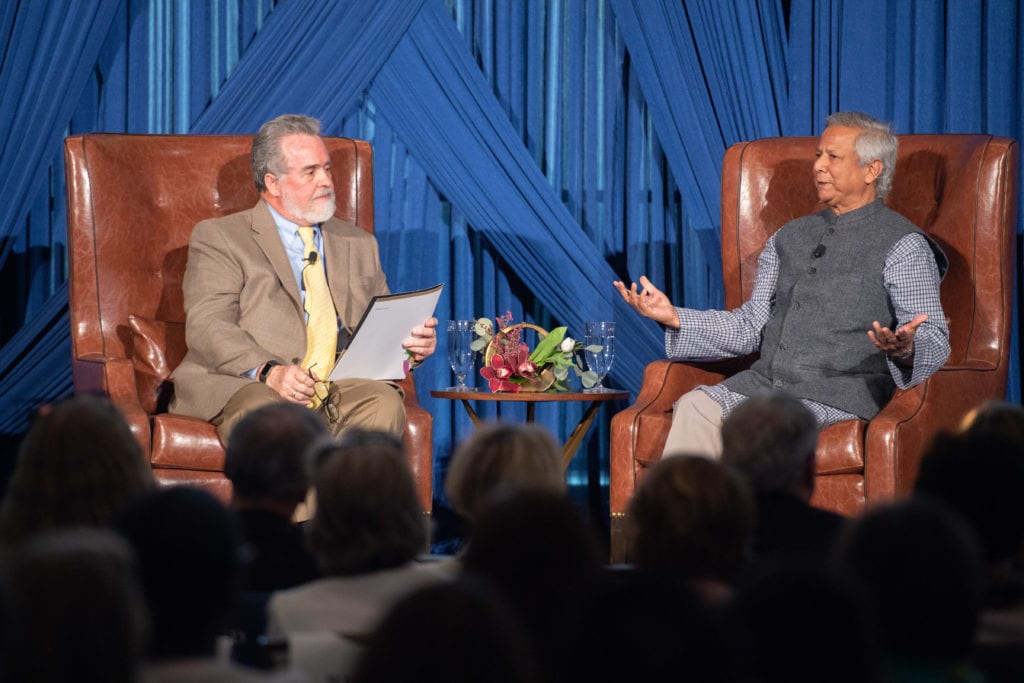
Listen in as Ray Offenheiser and guests discuss current humanitarian issues around the globe:
The Global Pathways Podcast with Ray Offenheiser: U.S. Leadership in Global Health and Humanitarian Response with Admiral Tim Ziemer of USAID
The Global Pathways Podcast with Ray Offenheiser: Global Inequality with Ben Phillips of the Fight Inequality Alliance
Notre Dame Stories: Preparing for the Future
What is Integral Human Development?
Presented by Scott Appleby
For the moment, let us define it as the state of a society in which the irreducible dignity of the human person and the cultural and spiritual as well as economic and material requirements of human flourishing are central to political and social life and upheld by the rule of law.
If our efforts to survive the pandemic with our humanity intact and with a realistic hope for the recovery and flourishing of the human family are to be just and effective, they must be guided by a profound understanding of and respect for the inalienable dignity of the human person and a commitment to the requirements of human flourishing, including improved living conditions for the hundreds of millions of people in need of housing, food, clean drinking water, health care, education, jobs, security, and freedom from oppression.
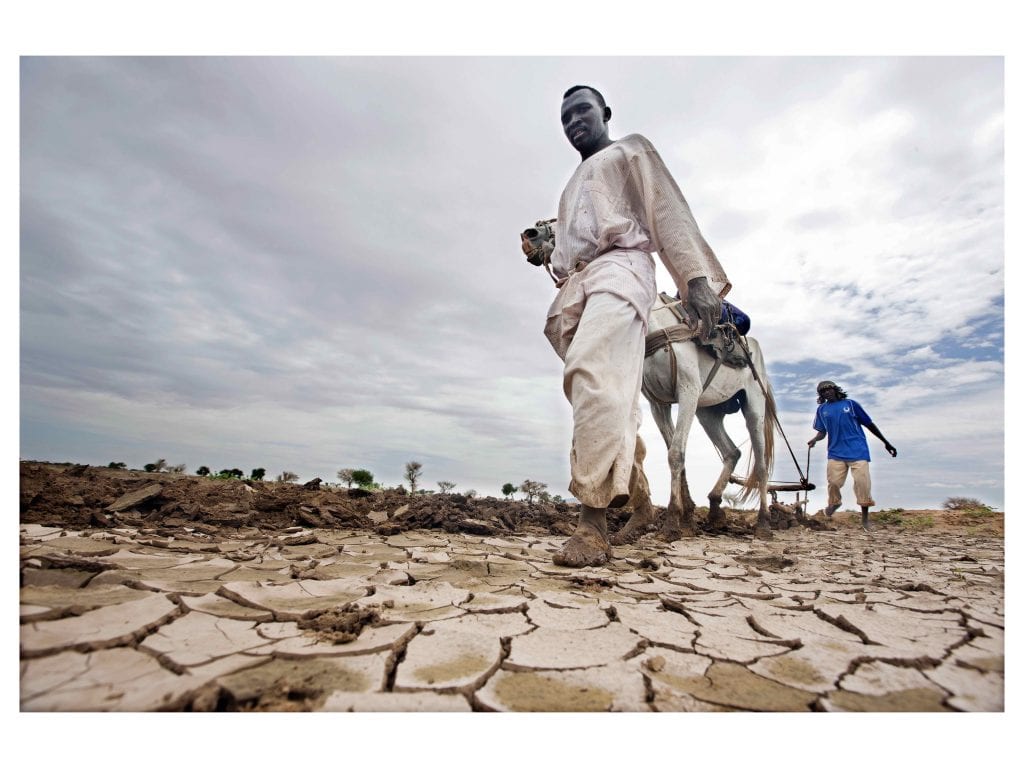
The term “integral human development” is of Catholic provenance, but the ideas and values underlying it find echo in many other religious, philosophical, and wisdom traditions. At its core is the conviction that the dignity of the human person is expressed in work and economic activity—but also in cultural richness, artistic creativity, religious belonging, and spiritual practice. Most profoundly, human dignity is expressed in our relationships with, and obligations to family, community, and, ultimately, to all of humanity.
With these old-new ideals in mind, we aspire to see the debilitating impact of the coronavirus from the perspectives of the besieged women, children, and workers most affected by it; to raise awareness of the radical changes now required in sensibility, lifestyle and political economy; and to explore practical, concrete, achievable means of making these changes and thereby advancing integral human development.
Read the full blog post here.
